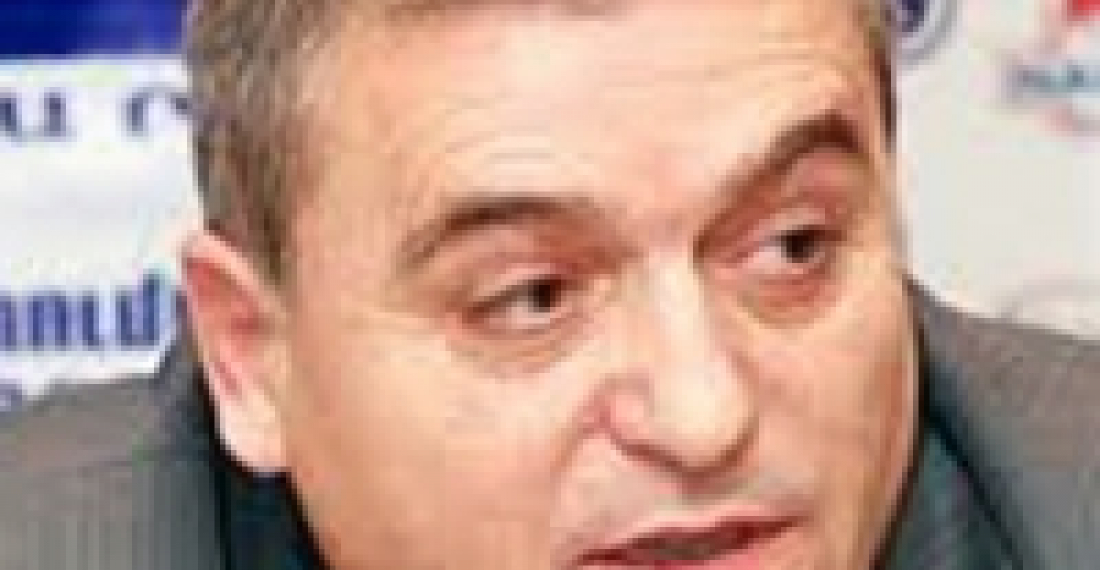Ни для кого не секрет, что карабахская проблема, пожалуй, единственная в мировой политике, в урегулирование которого в качестве посредника в равной мере вовлечены Россия, США и Франция. Об этом заявил председатель постоянной комиссии Национального собрания Нагорного Карабаха по внешним отношениям Ваграм Атанесян.
Как сообщает собкор АрмИнфо в Степанакерте, депутат утверждает, что, являясь самостоятельным военно-политическим субъектом в регионе Южного Кавказа, НКР обеспечивает баланс геополитических интересов на Южном Кавказе. "На сегодня сложившийся в зоне военно-геополитического противостояния статус-кво - единственная эффективная система, вокруг которой мировые центры силы пока могут находить грани взаимного сдерживания и равновесия", - отметил депутат.
По его словам, дальнейшая роль Нагорного Карабаха в регионе обусловлена повышением уровня экономической и политической самодостаточности. <Это является приоритетной задачей властей и находит содействие со стороны армянства и сил, заинтересованных в региональной безопасности>, - подчеркнул Атанесян.







